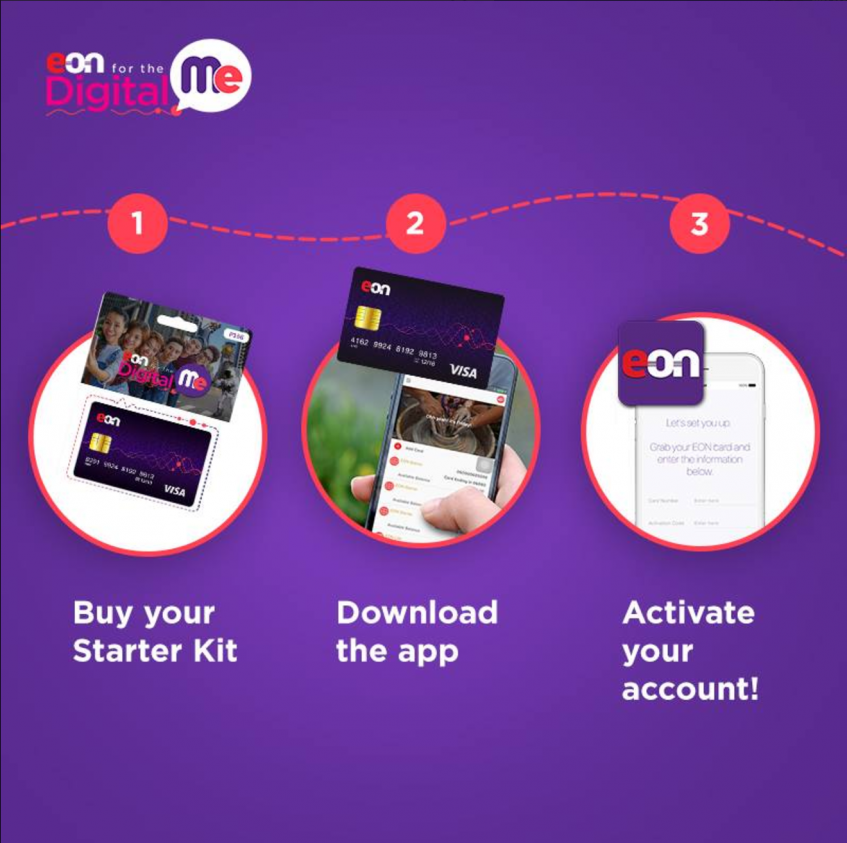
3 Reasons Why Now is the Time for Filipinos to Start Freelancing
Most people in the workforce believe that a full-time job equates to a stable job. However, that is not the case today. The economic landscape is changing, and job security is a dying breed. Due to the constant change of business objectives and the increasing automation of tasks, a lot of employees find themselves to be easily replaceable – If not by machines, then by freelancers who are capable of handling multiple roles and responsibilities.
While a full-time job was the initial preference of most job seekers in past years, today, more and more people are turning to freelancing instead. Especially those seeking employment from rural areas, where job opportunities are limited and not easy to come by.
The Philippines was recently named one of the top 5 countries for producing a freelance workforce, accounting for nearly 6% of the global freelance population.
The rise of the freelance economy is greatly attributed to innovations in technology – including improvements in digital communication, and having numerous sources to seek employment online. The future of work could lie in the hands of freelancers, and there is no evidence to show that this trend is slowing down.
Have you always wanted to quit your day job and start a freelancing career? Here are 3 great reasons why you should make the leap today.
1. Career growth
Many people carry the false belief that freelancing is not a sustainable career choice. Career advancement and mentorship from peers are factors greatly associated with full-time employment, and there is a common misconception that these cannot be achieved with a freelance lifestyle. Improving your skillset as a freelancer is easier today than ever before.
Since 2013, the Philippines Department of Information and Communications Technology (DICT) has implemented a Rural Impact Sourcing (RIS) Program, which aims to provide technical training, and free workshops on ICT-related jobs in socio-economically disadvantaged areas in the country.
The RIS Program allows freelancers from rural areas to get the mentorship they need to gain access to new and higher-income opportunities, as well as advance in their career.
2. Freedom and flexibility (and no traffic!)
Freelancing offers more freedom and flexibility versus a regular 9-to-5 job. Freelancers are their own bosses. They hold their own hours, and can work from the comfort of their own homes. Apart from that, they are also able to maximize their opportunities, taking multiple jobs and allowing for greater income, given their flexible work arrangements.
With traffic in Filipino urban areas worsening by the day, most traditional employees spend closer to 48-hours a week at work, including travel time. A lot of time and energy is wasted just getting to and from work. Employees from rural areas, on the other hand, attempt to avoid the long commute altogether by seeking residence closer to metropolitan cities. In exchange for convenience, they are separated from their families.
These long-standing issues don’t concern a freelancer. They have the freedom to make their own choices, and in turn experience less stress – whether physical, mental, or emotional.
3. Fuss-free payments
One thing that all freelancers need to immediately sort out once they decide to start their business is their payment process. For freelancing to be sustainable, there should always be a constant and positive cash flow.
These days, there are a lot of ways to get paid as a freelancer. The easiest and most efficient way to get paid as a freelancer is through online payments. It’s simple, convenient, and less time-consuming for most users in the digital age. While personal checks and direct money deposits have decreased in popularity over the last decade, there are still some businesses that prefer this method of payment. Whichever way clients decide to pay, freelancers must be ready with a bank account.


In the past, banks required numerous documents and high minimum deposit amounts to open an account. Today, anyone can open an account with EON, powered by UnionBank by simply visiting the nearest convenience store. Accounts with EON, powered by UnionBank have no required minimum balance and do not have unnecessary fees or penalties, giving account holders full control of their money at all times. Click here to learn more.
Thanks to online platforms, freelancers today are no longer confined to just catering to local clients. With services like Payoneer, freelancers can expand their business globally, without worrying about cross-border payments and sacrificing a big chunk of profits to pay for fees.
Starting a freelance business? Set up your Payoneer account for free




